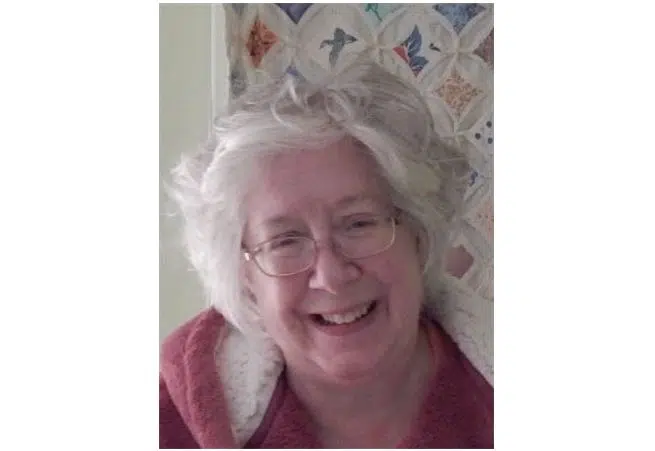PUBLISHED: 9th September 2021

by Patricia Walter
NOTE: FORCE is teaming up with Eisai and the advocacy groups Black Health Matters and SHARE on SPOT HER, a campaign to raise awareness of the symptoms and risks for endometrial cancer.
Cancer, genetics and my family
Cancer has been part of my life since I was eight years old in the 1950s when my mother had a radical mastectomy at age 38. We were fortunate that she lived until age 83. As a nurse and a very strong woman, she made sure that we always knew what was happening with our bodies. She encouraged us to do the best we could for our health and especially to be our own best advocates. So we did.
My cancer diagnoses—I’ve had four—started with breast cancer; a lump that I found during a self-exam. My treatment was lumpectomy and radiation. My second breast cancer affected my lymph nodes, so we added chemotherapy. Both diagnoses were in the 1990s when BRCA was still “new” to the world and me. After my third (non-metastatic) breast cancer diagnosis in 2007, I decided to have a simple mastectomy and continue with regular monitoring. I also followed announcements in the general and medical media about cancer.
Although my doctors emphasized that genetic tests were important, I was reluctant to be tested. Protection from insurance discrimination became effective in 2008 (i.e., the GINA law) when insurers could no longer use genetic information as a pre-existing condition to deny treatment. I thought that all my monitoring was enough. Not true, of course. Finally, in 2013, my oncologist convinced me to get tested; that’s when I found that I am BRCA1 positive. I quickly had a risk-reducing oophorectomy, an outpatient surgery with few side effects. When pathology showed “all clear” of any cancer, I thought I was all done with cancer.
I was wrong.
Seven years later: uterine cancer
In 2020, I was very scared to learn that I had uterine cancer, possibly because I had not had a hysterectomy with my oophorectomy in 2013, a decision based on limited studies of BRCA and uterine cancer.
The last year of my life has been “lost” to tests, multiple surgeries, chemotherapy and radiation.
I was one of 66,000 women diagnosed with uterine cancer in 2020, and I am now among 600,000 survivors. Most disturbing is that uterine cancer is the most common gynecological cancer. (It is also the most curable).
Although some women with uterine cancer have a BRCA gene mutation, most do not. Still, there is a link to BRCA and a rare form of uterine cancer.
My future as a uterine cancer survivor
September is gynecological awareness month.
My goal now is to share my story and information with friends, family and cancer organizations, along with my doctors and medical facilities, so that we can:
- expand patient discussions to specifically consider hysterectomy with oophorectomy for BRCA-positive women.
- increase uterine cancer awareness by updating cancer and BRCA websites and journals.
- expand research as soon as possible, especially involving earlier detection of uterine cancer and the relationship between BRCA and other genes with uterine and endometrial cancers.
I was fortunate to have the guidance and support of my mother, family, friends and the amazing doctors who treated me successfully.
I strongly believe that we must work together. The only way to do that is to share information and work to get more research!
Patricia Walter was active with environmental and social issues until the COVID pandemic and her uterine cancer diagnosis. She lives near Chicago and loves to travel into the city for music, theater, rallies, etc.
3 Comments
September 9, 2021
This is an excellent article from a strong woman. Actually, Pat Walter is my first cousin, and I have also tested positive for the BRCA gene mutation and have had multiple cancers. I feel compelled now to explore a double mastectomy as I have had breast cancer on both sides. I want to thank Pat for the millions of women who need this information and encouragement to take steps to protect their health.
Cheryl Peyton
Reply
September 24, 2021
I much admire Pat's ability to turn her adversities into positive forces for the betterment of others. I also appreciate your organization for providing an outlet for her to share her powerful and valuable personal story.
Suzanne Pierce
Reply
November 5, 2021
Thank you for sharing your story Patricia. I recently found out I am an BRCA 1 carrier. Your story has helped with my deciding factors about if I should have a hysterectomy. I am glad you have been to treated!
Melissa Delgadillo
Reply